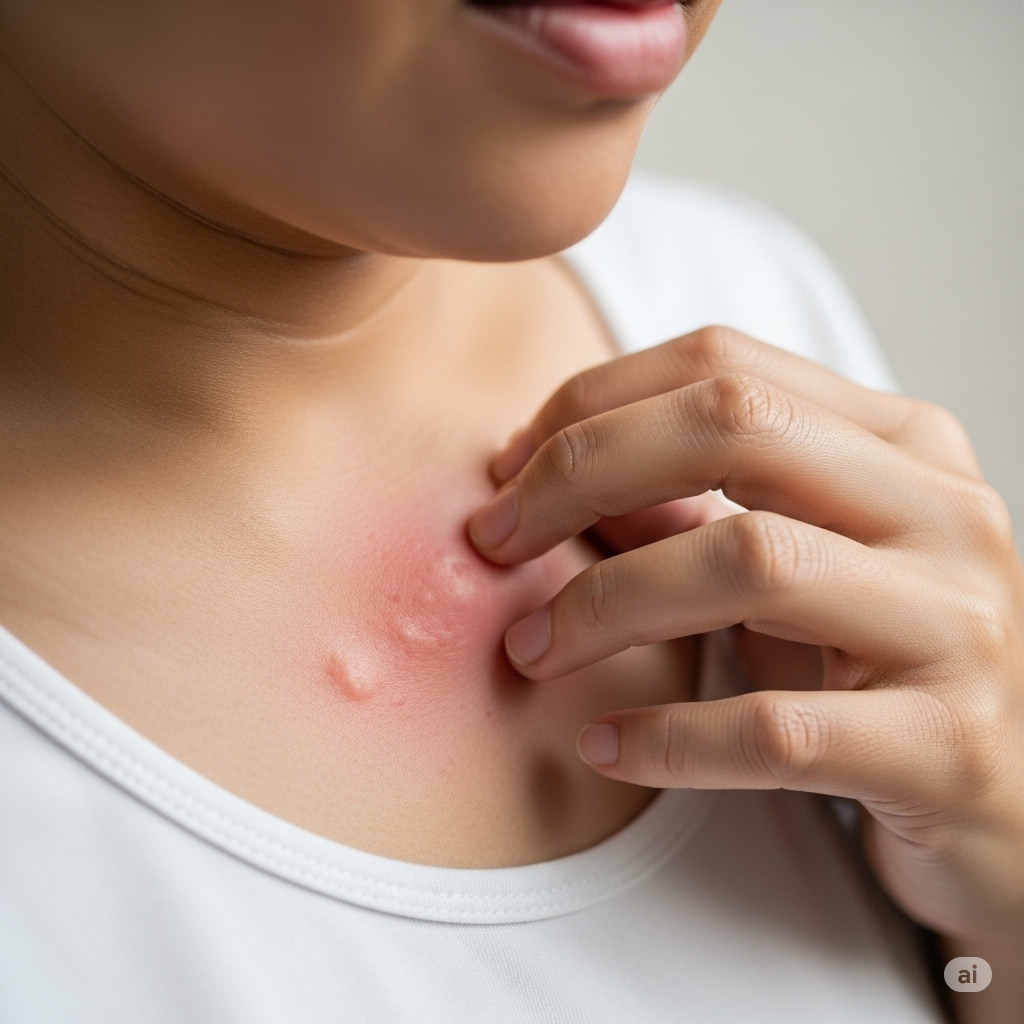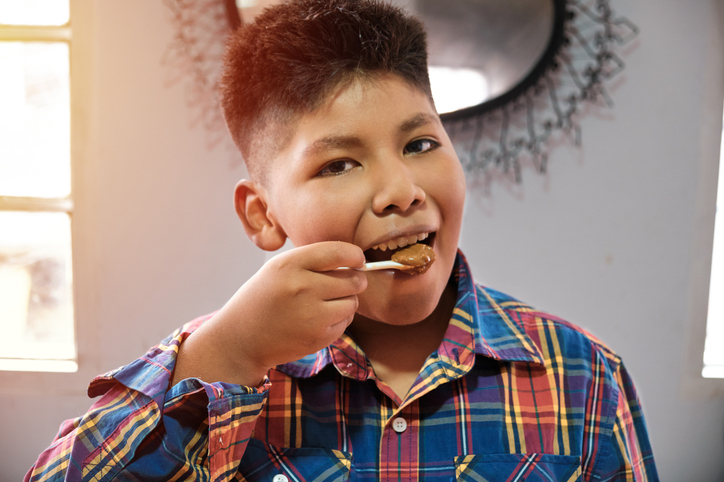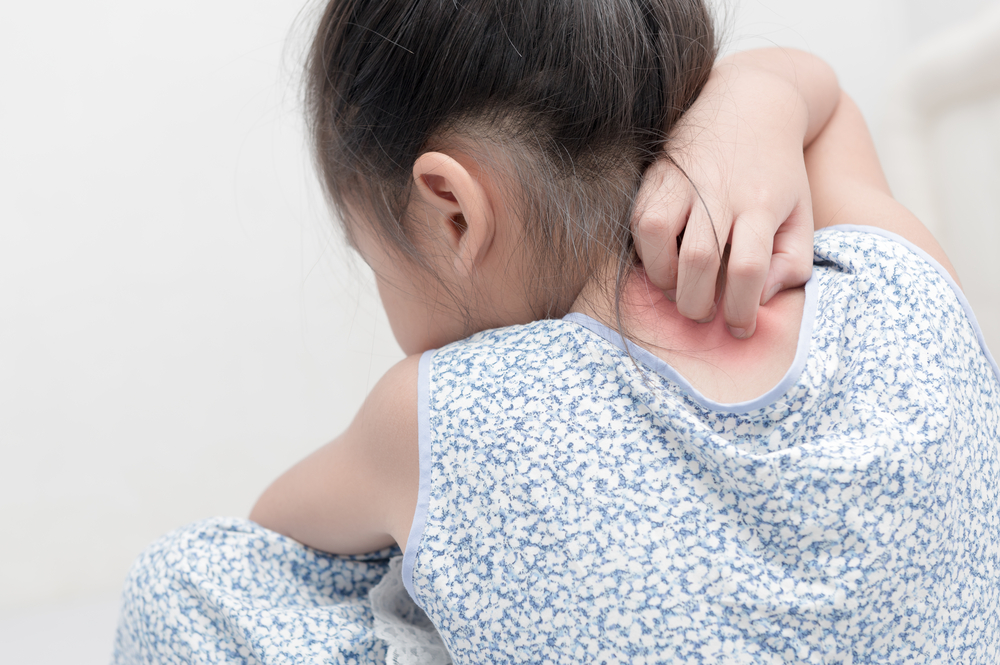
Allergy
Advertisement
Artificial intelligence can accurately assess atopic dermatitis severity using patient-uploaded smartphone photos.
Avocados contain vitamins, minerals, and phytochemicals that support immune and metabolic health.
Cautioning that patients may experience rare but severe itching when discontinuing long-term use of these allergy treatments.
Public health efforts are needed to raise awareness of early allergen introduction guidelines.
Children with high-threshold peanut allergies who gradually eat larger doses of store-bought PB may become desensitized.
After participation, the number of households filling epinephrine autoinjector prescriptions rose from 51% to 89%.
Patients with extreme anxiety about using their injectable delayed treatment by a mean of 4.3 hours from attack onset.
Black, Hispanic, and Asian patients were less likely to be started on subcutaneous allergen immunotherapy.
Medicaid was accepted by less than half of allergists in 13 states.
Women were more likely to have a positive oral challenge compared with men.
More than 60% of patients reported discontinuing treatment due to social factors.
The panel discusses how health care providers can be allies in addressing disparities in allergy care.
Dupilumab is a monoclonal antibody approved to treat atopic dermatitis in adolescents and children.
Advocacy includes directly supporting patients and influencing broader health policies at the community and national levels.
The risk of seizure was higher in children aged 6 to 24 months.
Panelists discuss how health care providers can lead the conversation to improve food allergy safety in communities.
Most respondents agreed a patient-centered definition would improve communication with providers.
The panelists discuss how health care providers can get involved in creating allergy action plans and kits.
The global prevalence of pediatric atopic dermatitis increased from 1990 to 2019.
Anxiety regarding accidental allergen exposure may create stress for patients and affect their quality of life.




















 © 2025 Mashup Media, LLC, a Formedics Property. All Rights Reserved.
© 2025 Mashup Media, LLC, a Formedics Property. All Rights Reserved.